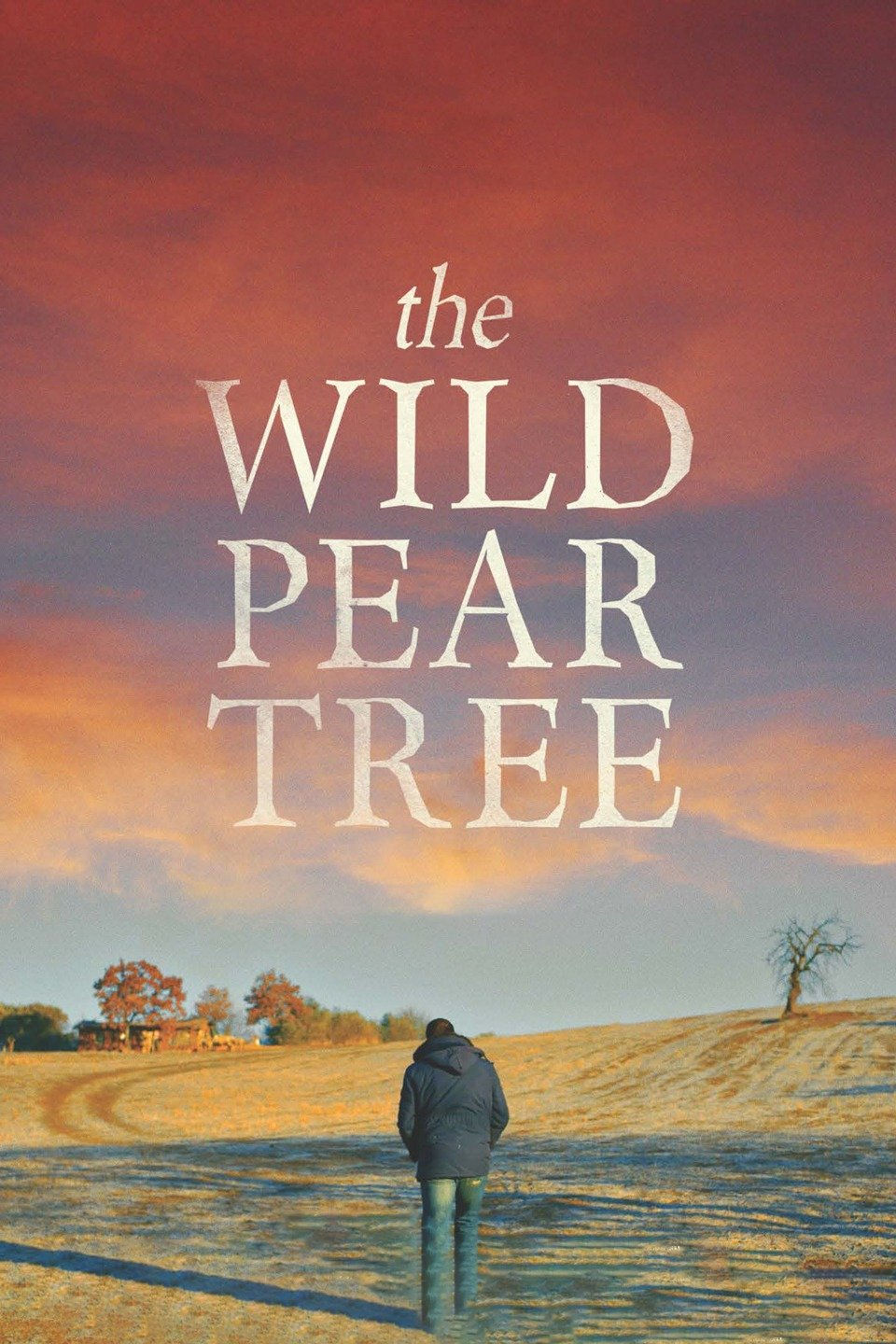The Wild Pear Tree Film Review
- Baherhussein
- Mar 21, 2019
- 3 min read
Updated: Dec 21, 2021

Turkish director Nuri Bilge Ceylan is one of the best auteur’s out there. His uncompromising style explores the complexities and richness of the human experience. Like in his 2014 Palme d’or winner — Winter Sleep — Ceylan employs lengthy poetic, metaphysical, philosophical and theological discussions through out The Wild Pear Tree.
Like the late Iranian director Abbas Kiarostami, Ceylan does not fear challenging or even losing his audience completely. He understands that film is a meditative and intimate process that encompasses the richness of the human experience — no matter how mundane or ordinary. In other words, it is the little things that make life worth living — like Cherry’s or Wild Pear Trees.
The Wild Pear Tree is absolutely gorgeous. Leaves fall off the trees while Ceylan shakes the camera. One can feel the tenderness of fruit falling. Like Kiarostami, Ceylan uses long shots off the road and mountains. The sun clashes with the camera. Lenses flair blue throughout.
Similar to Kiarostami’s “The Wind Will Carry Us” — Ceylan offers us a coming of age story of a narcissistic, energetic and curious young man named Sinan. Sinan has finished his college years and has been sucked into the real world to find a job. Sinan writes complex and controversial observations of rural life in Turkey — and adores the art of literature.
When telling this story, Ceylan fits in many social critiques of modern day Turkey. For instance, Ceylan critiques the lack of job prospects for educated youth, the shunning of artists and liberals, the limits of the one size fits all bureaucratic education system, pretentious liberals who think they are above the rural people and religious dogmatists.
Ceylan critiques the human psyche and society at large when Sinan is on the phone with an old friend. This old friend tells Sinan: “I couldn’t find a job in literature or any other profession so I became a riot police officer to beat the shit out of people. It makes up for being bullied” Sinan agrees.
Its hard not to love the protagonist Sinan even though he is very self-centered, ignorant and rude. He is on a journey to prove his literary talents to a world of “ignorant people”. Sinan says things like “No one understands me” and “I hate people”.
Sinan is so in love with his work that he is lonely and uncompromising. He has little to no friends and does not mingle well with the local population. His pretentiousness catches up to him when his favorite local writer explodes at him for being passive aggressive and full of himself.
Sinan shows the most tenderness when he kisses a conservative girl from high school under a tree as she takes off her Hijab and shows her beautiful eyes, skin and hair. The sun complements this revelation as Ceylan spins the camera.
It’s in these intimate moments that Ceylan crafts poetic visual revelations. Another unquestionably sweet scene is when Sinan gives his mother a copy of his new book and talks at length about love and the alienation of feeling different from the other kids.
Ceylan, like Kiarostami, shows his love for the wisdom of villagers and the elderly through poetic and visual aesthetic expression. One of the best moments is when Sinan finally bonds with his gambling addicted dad and his dad says “the young must criticize the old that’s how progress is made”.
Ceylan never takes sides, he simply observes. The lengthy discourse between Sinan and the local imams sums this up best. Sinan and the local imams have a lengthy discourse about technology, god and reason. Sinan claims that religious thinking is lazy — instead one must use reasoning and independent thinking to manifest their purpose.
Sinan claims that we must come up with our own moral and legal framework — and that religion does not determine morality — as low crime statistics in atheist countries show us.
His colleagues respond by saying that though the crime rates are low — the suicide rate must be high. They then claim that god gives people spiritual bliss and hope. Only Ceylan can craft an organic and dense discourse like this through film.
9/10

Comentários